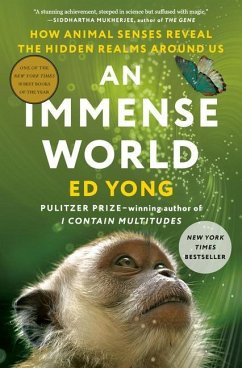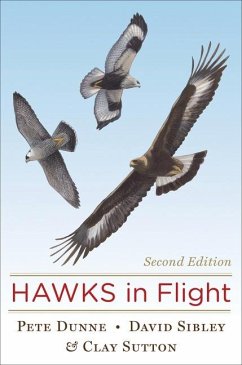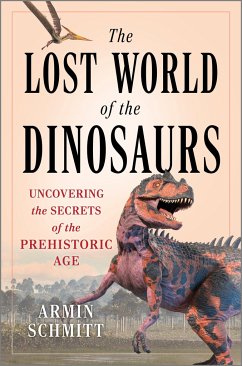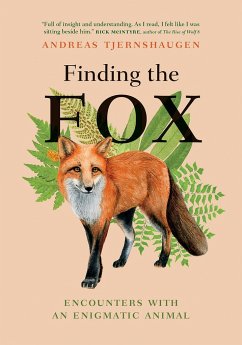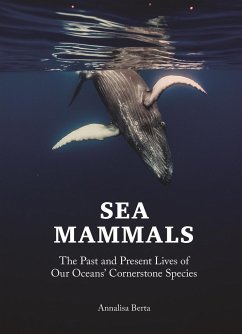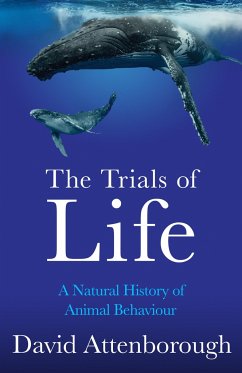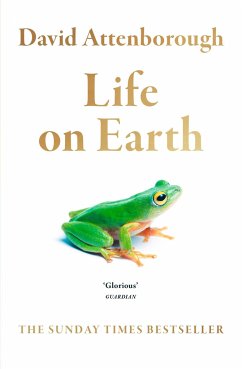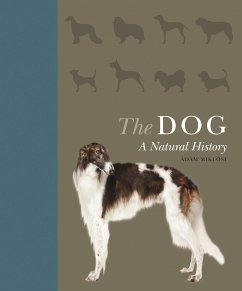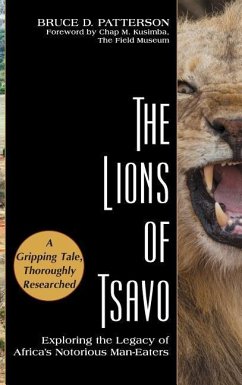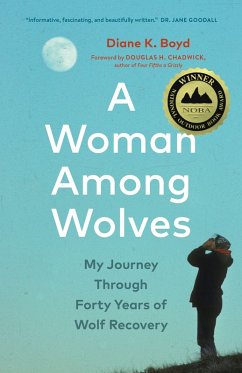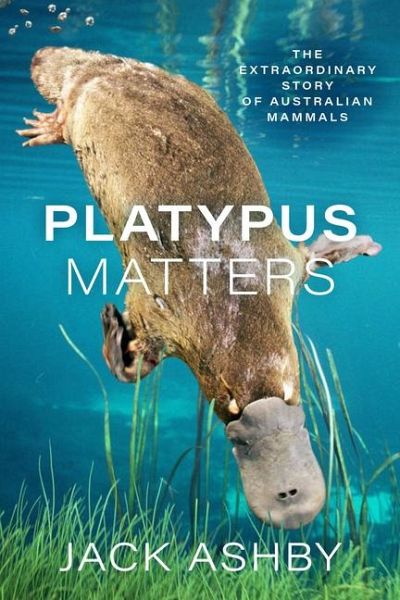
Platypus Matters
The Extraordinary Story of Australian Mammals
Versandkostenfrei!
Versandfertig in über 4 Wochen
21,99 €
inkl. MwSt.
Weitere Ausgaben:

PAYBACK Punkte
11 °P sammeln!
"Naturalist and Assistant Director of the Museum of Zoology at the University of Cambridge, Jack Ashby shares his love for the platypus and other Australian mammals, including wombats, echidnas, and kangaroos. Informed by stories of his experiences meeting living marsupials and egg-laying mammals on fieldwork in Tasmania and mainland Australia and his close contact with thousands of zoological specimens collected for museums over the last 200 years, Ashby's book explains historical mysteries and debunks myths about these mammals and especially the platypus-which lays eggs, feeds its young on m...
"Naturalist and Assistant Director of the Museum of Zoology at the University of Cambridge, Jack Ashby shares his love for the platypus and other Australian mammals, including wombats, echidnas, and kangaroos. Informed by stories of his experiences meeting living marsupials and egg-laying mammals on fieldwork in Tasmania and mainland Australia and his close contact with thousands of zoological specimens collected for museums over the last 200 years, Ashby's book explains historical mysteries and debunks myths about these mammals and especially the platypus-which lays eggs, feeds its young on milk, has venom spurs, and sports a bill that can detect electricity. In evaluating how humans have considered these special mammals, he makes clear that calling these animals "weird" or "primitive"- or incorrectly implying that Australia is an "evolutionary backwater"-has only added to the challenges for their conservation. One outcome of these descriptions is that Australia now has the worst mammal extinction rate of anywhere on Earth. Ashby argues that many of the ways that the world thinks about Australia's mammals can be traced back to the country's colonial history"--




